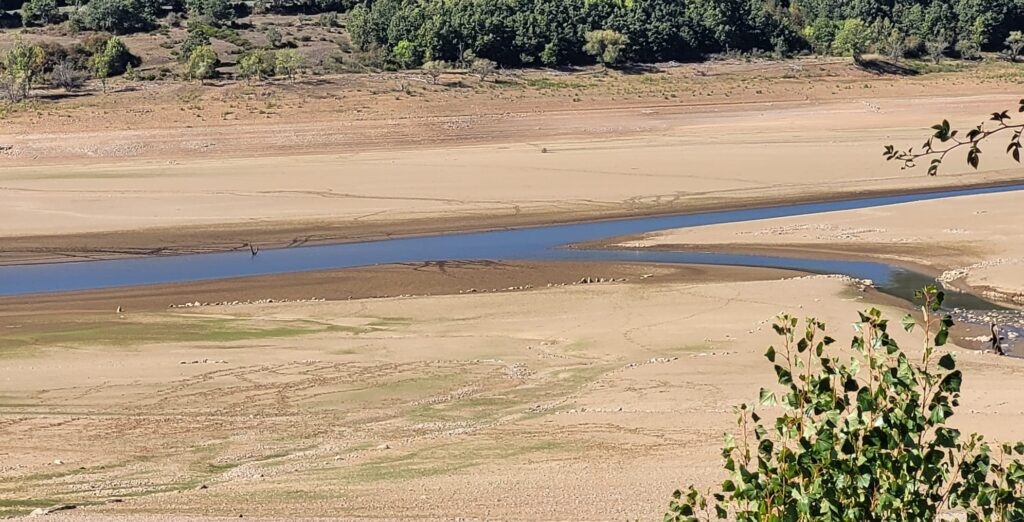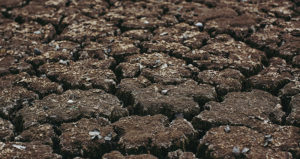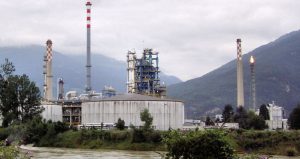WRI: Four European countries are subject to extreme water stress

-
 Fergal MacErlean
Fergal MacErlean
Share article:
Four European countries are subject to ‘extreme water stress’ every year among 25 states worldwide. Cyprus comes second in national water stress rankings compiled by the World Resources Institute (WRI), behind Bahrain. The water stress in Cyprus and Bahrain is mostly driven by low supply, paired with demand from domestic, agricultural and industrial use.
The WRI said in a recent report that in Europe Cyprus, San Marino, Belgium and Greece suffer from extreme water stress. The data from WRI’s Aqueduct Water Risk Atlas categorises the countries by baseline water stress. This measures the ratio of total water demand to available renewable surface and groundwater supplies. Aqueduct used peer reviewed data to map water stress.
Water demand
The analysed water demand includes domestic, industrial, irrigation, and livestock uses. Available renewable water supplies include the impact of upstream consumptive water users and large dams on downstream water availability. Those states that suffer ‘extreme water stress’ have a baseline water stress of more than 80%. The most water-stressed regions are the Middle East and North Africa, where 83% of the population is exposed to extremely high water stress, and South Asia, where 74% is exposed.
Different levels of water stress
Spain, Andorra, Albania, Italy, Portugal and Macedonia are among 21 countries facing ‘high water stress’ as they use between 40% and 80% of their water supply. Luxembourg and Germany are listed as being subject to ‘medium to high water stress’ with a 20%-40% usage of their supply. And of 34 countries that use 10%-20% of their water supply and experience a ‘low to medium water stress’ there are 13 in Europe, including France, Poland, the Netherlands, and the United Kingdom.
Measures
Germany, in a bid to futureproof the country against water shortages under the changing situation of long dry seasons and heatwaves caused by climate change, agreed on a groundbreaking national water strategy earlier this year. The first-ever national water strategy was adopted by the federal cabinet on 15 March 2023. The ‘programme of water measures’ named in the strategy are to be implemented step by step until 2030.
Increasing water demand
Global water demand is projected to increase by 20% to 25% by 2050, while the number of watersheds facing high year-to-year variability, or less predictable water supplies, is expected to increase by 19%. WRI predicts that the biggest change in water demand between now and 2050 will occur in Sub-Saharan Africa.
Rising water stress
While the number of European countries facing extreme water stress is, naturally, a concern the WRI noted that, on the whole, ‘water demand has plateaued in wealthier countries in North America and Europe’. Investment in water-use efficiency has helped reduce in-country water use in high income countries the organisation said. However, the WRI warns that as water use and dependencies extend beyond national boundaries, the water embedded in international trade from lower-middle income countries to high income countries will increasingly contribute to rising water stress in low and lower-middle income countries.
Threat to economic growth
This increasing water stress threatens countries’ economic growth as well as the world’s food security. According to data from Aqueduct, 31% of global GDP — a colossal $70 trillion — will be exposed to high water stress by 2050, up from $15 trillion (24% of global GDP) in 2010. Just four countries — India, Mexico, Egypt and Turkey — account for over half of the exposed GDP in 2050, the WRI said. Aqueduct 4.0, represents the WRI’s most robust look at water risks to date, including more granular data, higher resolution, new indicators, improved tool function and access to underlying hydrological models. The Aqueduct Water Risk Atlas was published in August 2023.
















